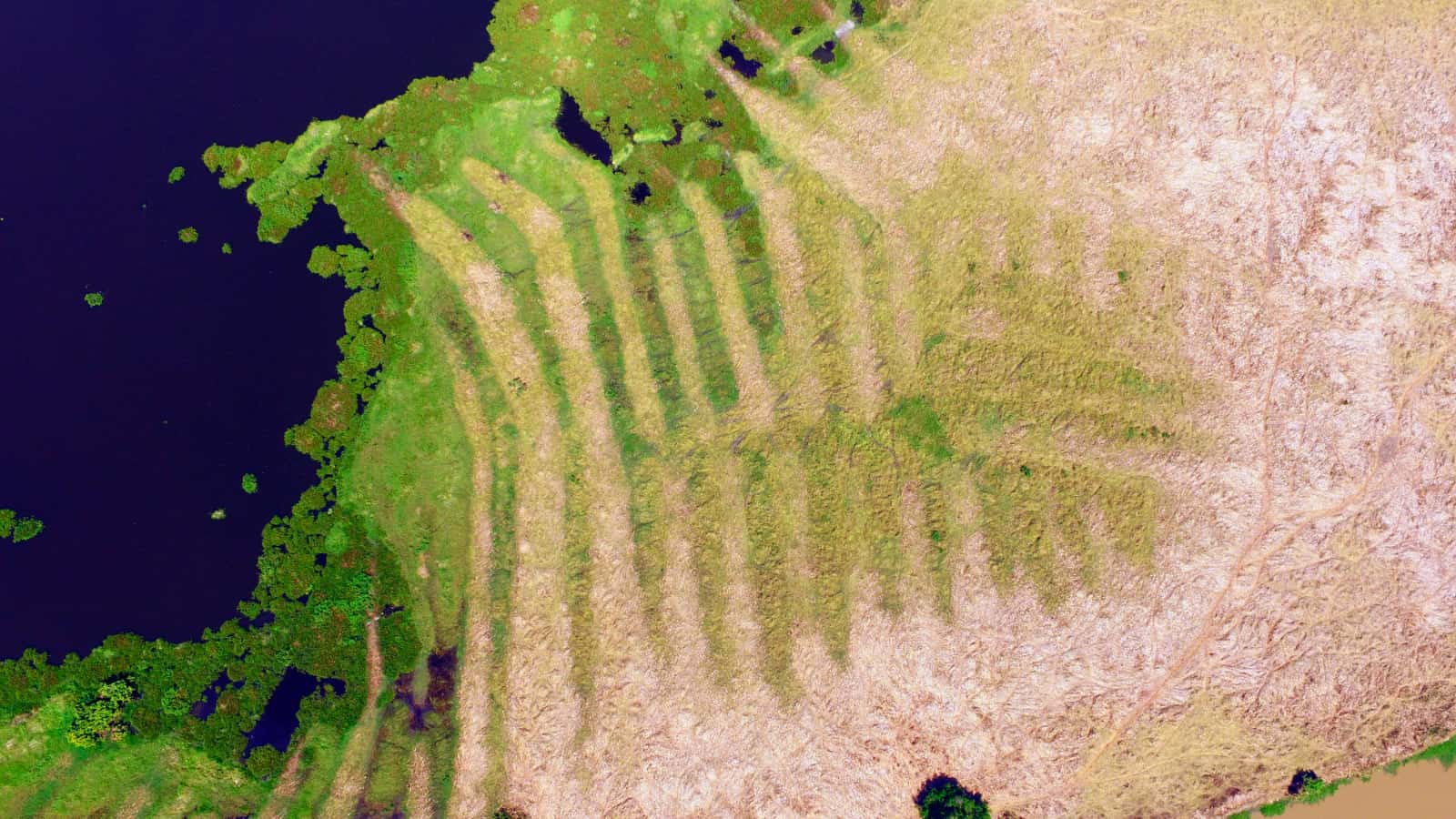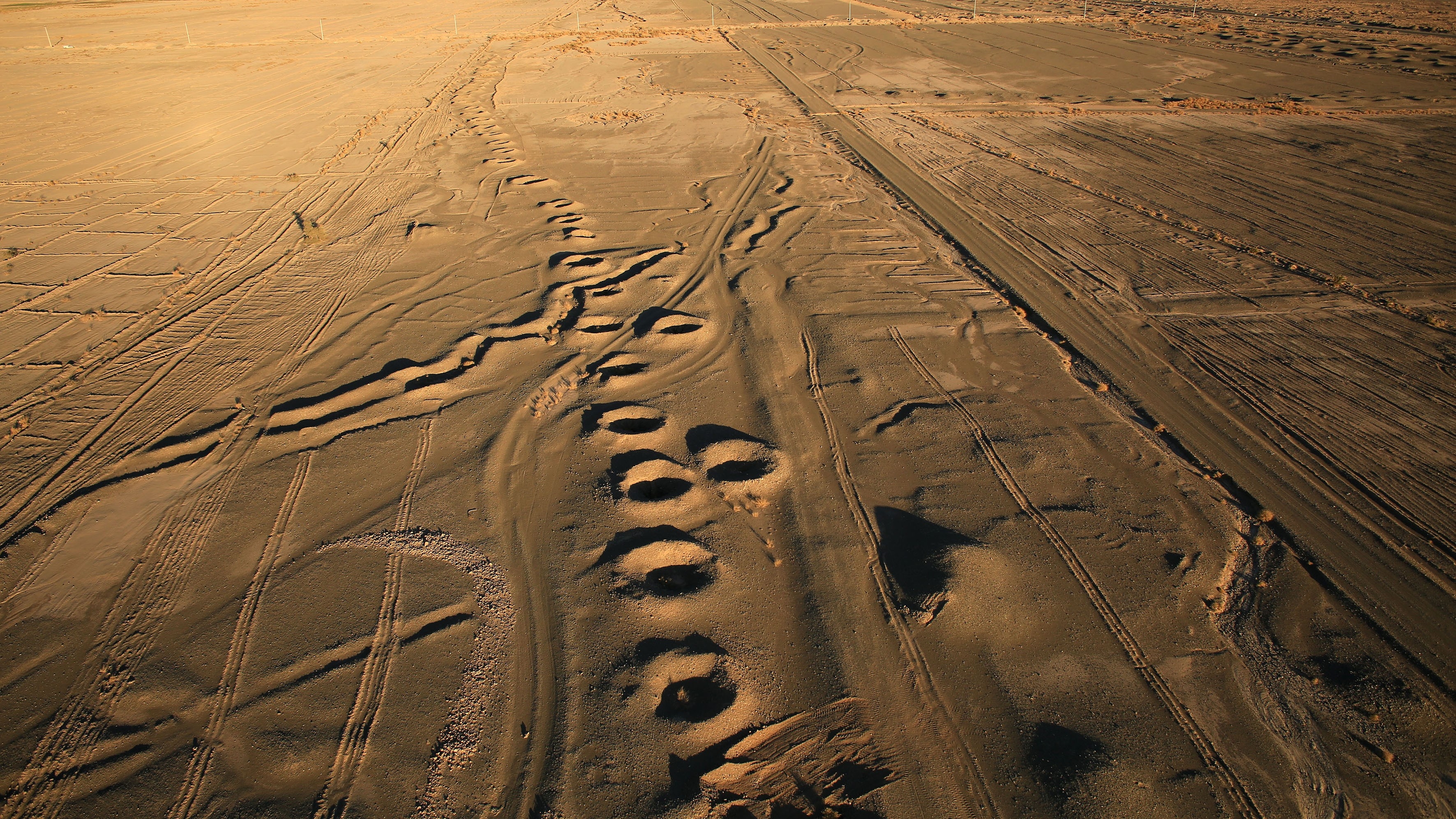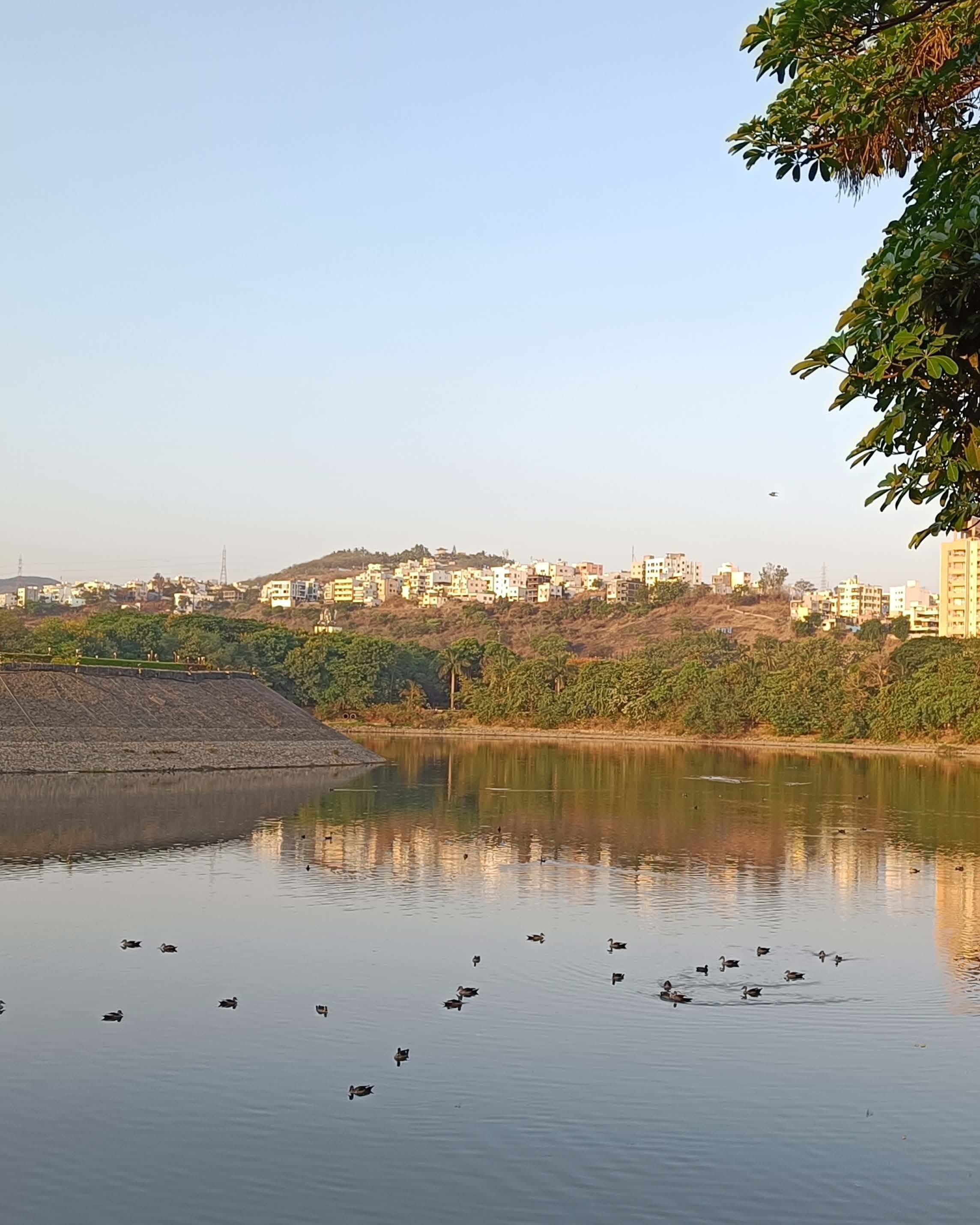Ancient Hydro-Technologies (AHTs)
This special themed issue of Blue Papers brings together twenty-four articles on ancient hydro-technologies (AHTs) originally published in the first seven issues of the journal (https://bluepapers.nl/). Together with our partners from the Global Network of Water Museums, a flagship initiative of UNESCO-IHP, we selected key articles that explore the functionality of ancient hydro-technologies in their historical context and their relevance in addressing contemporary water challenges. This special issue is the first in a series of thematic compilations from Blue Papers. It reflects the journal’s commitment to establishing a platform for contributions that tackle urgent issues and present innovative solutions, ultimately leading to policy recommendations.
All Items
-
The Mediterranean region faces worsening climate challenges, including rising temperatures, water scarcity and ecosystem degradation. Climate projections indicate a temperature increase of up to 6.5°C by 2100, with reduced rainfall and increased evaporation exacerbating water shortages, particularly in agriculture, which consumes 70–80 per cent of the region’s water. Competition for freshwater, declining agricultural productivity, and salinization of coastal aquifers further threaten sustainability. Ancient hydro-technologies—traditional water management systems developed by ancient...
-
The qanat, a timeless testament to human ingenuity, emerged on the arid Persian Plateau around three millennia ago as a sustainable solution to water scarcity. This technique channels water from aquifers using gravity through gently sloping sub-horizontal tunnels, avoiding over-extraction and ensuring a delicate balance between human needs and environmental preservation. By naturally regulating water flow according to aquifer levels, qanats prevent excessive depletion, serving as a model for sustainable water resource management. This study explores the fascinating journey of qanats,...
-
Urban water infrastructure in India is currently focused on technocratic solutions, often disregarding sociocultural and environmental values. This article examines the eighteenth-century Peshwa-period nahar (aqueduct) system in Pune, within the broader context of three centuries of urbanization. Developed as part of the 2023 professional education course Water Systems Design: Learning from the Past to Design Resilient Water Futures, it employs the value case methodology and the framework of the UN Sustainable Development Goals (SDGs) to highlight ecosystem-based thinking reflecting...






